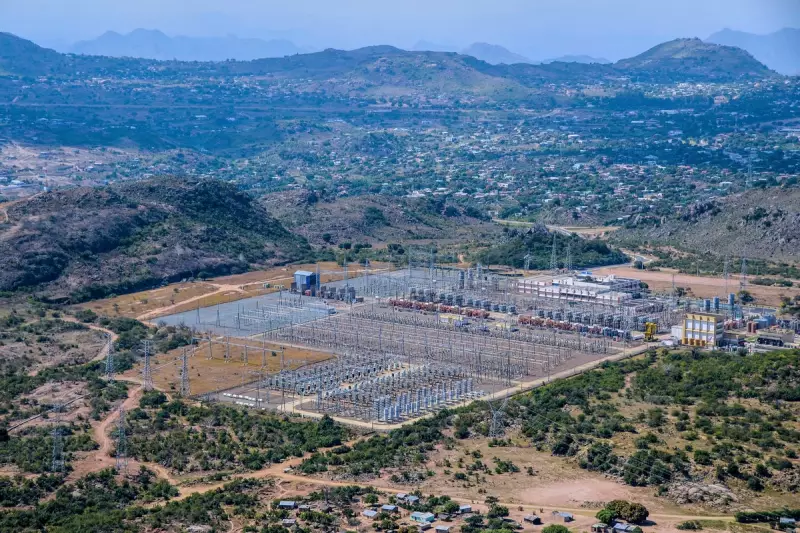
The World Bank has taken the dramatic step of suspending vital funding for a transformative electricity project in Mozambique, citing its contractor's involvement in Ethiopia's contentious mega-dam project.
This decision directly impacts the $1 billion Mozambique-Malawi Transmission Interconnector project, a critical initiative designed to bring electricity to millions across both nations. The move represents a significant escalation in the international fallout surrounding the Grand Ethiopian Renaissance Dam (GERD).
A Funding Freeze with Far-Reaching Consequences
In an official statement, the World Bank confirmed it has "paused" financing for the project after discovering its contractor, an Egyptian firm, was simultaneously engaged in work on the GERD. The bank stated this dual involvement created an "untenable situation" that contravened its operational policies.
The suspension throws the future of the interconnector into jeopardy. Designed to link the power grids of Mozambique and Malawi, the project was a cornerstone of regional energy strategy, promising to boost economic development and access to electricity for countless communities.
The Ethiopian Dam at the Heart of the Dispute
The controversy stems from the GERD, a $4.2 billion hydroelectric project on the Blue Nile. For years, Ethiopia has been at loggerheads with downstream nations Egypt and Sudan, who fear the dam will severely restrict their essential water supplies from the Nile.
The World Bank, along with other international bodies, has repeatedly attempted to mediate a resolution between the three nations. This funding pause is the bank's strongest action yet, demonstrating the depth of concern over the project's regional implications.
Mozambique Left in the Lurch
For Mozambique, the suspension is a severe blow. The country possesses vast natural gas reserves and significant hydropower potential, positioning it as a future energy hub for Southern Africa. This project was a key step in realising that potential.
Local officials have expressed deep disappointment, emphasising that the project's delay will have a tangible, negative impact on the lives of ordinary citizens waiting for reliable electricity. The World Bank has stated it is working with the Mozambican government to find a path forward, but no timeline has been given for a resolution.
This decision underscores the complex geopolitics of African energy development, where international disputes can abruptly halt progress on vital infrastructure, leaving developing nations caught in the crossfire.





